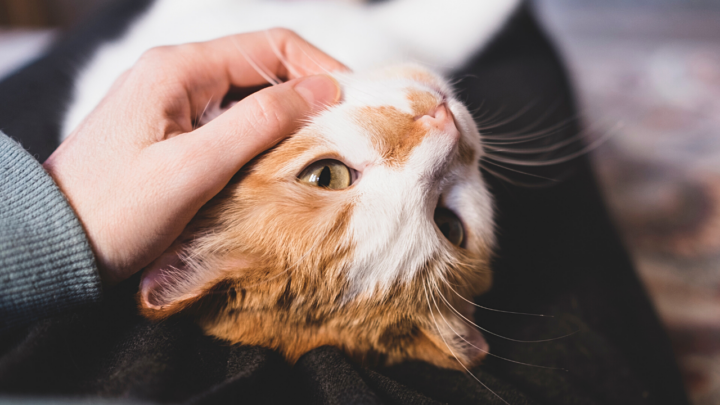If you are a cat owner, you may wonder if your cat can tell when you are feeling sad — and whether they even care.
After all, cats seem to be content with being in a world of their own, and unless your cat has a naturally affectionate personality, they usually only show affection when they are hungry or in heat.
So, can cats even tell when you are sad, or are they just too self-absorbed and independent to care?
Then again, your cat may have indeed curled up on your lap and offered comfort when you were going through a difficult time.
Was this because they could tell how you were feeling or did they coincidentally crave affection themselves at the moment?
Do Cats Know When You are Sad?
Cats are naturally intuitive and can tell when their owners are feeling sad. Cats may even curl up on your lap and offer comfort. If your cat appears to be sad, though, it’s not a reflection of your emotions. While cats are highly intelligent, they still lack the capacity for true empathy.
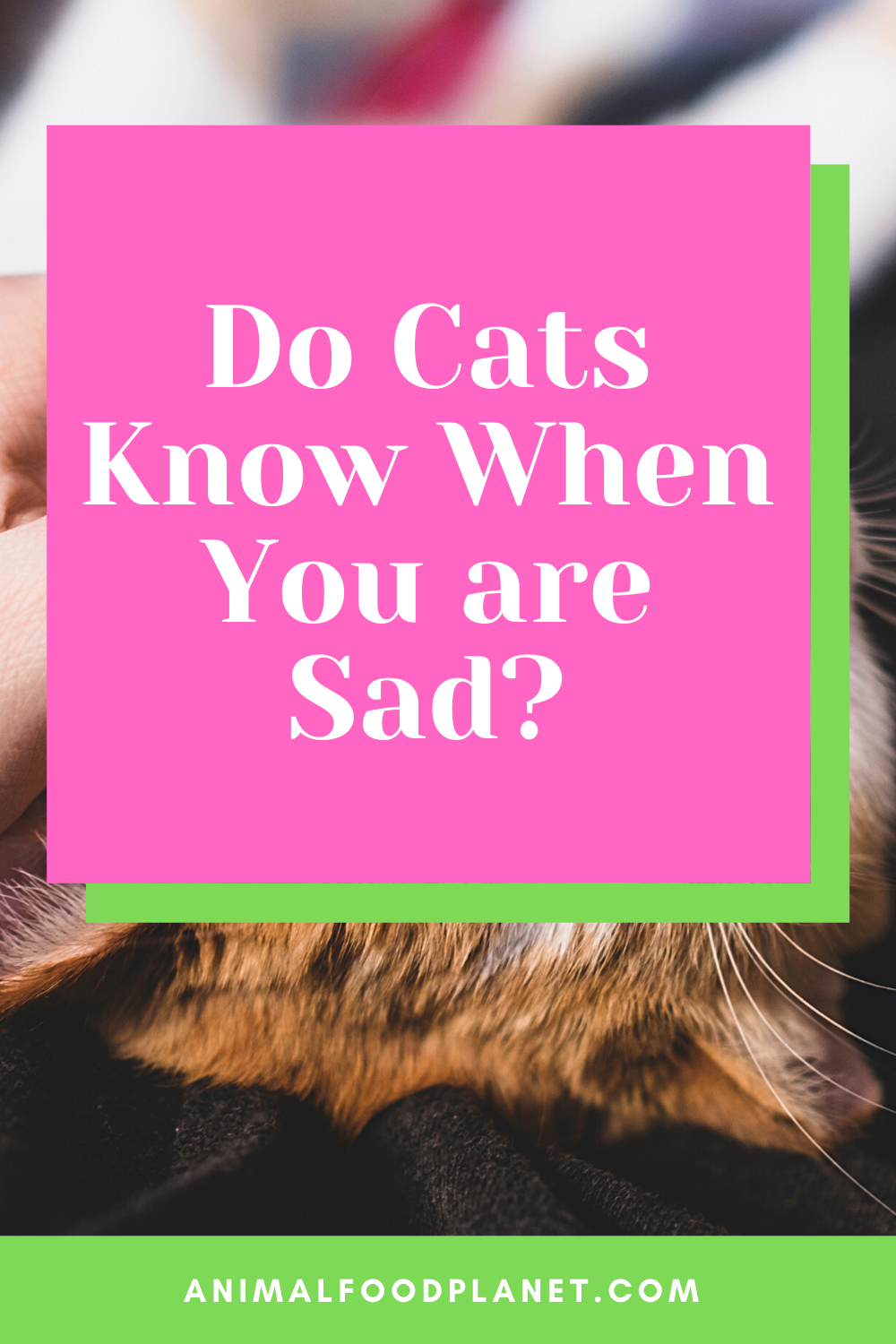
Do Cats Know When You are Sad
Cats Can Tell When You are Feeling Sad
Cats have the ability to sense when you are sad or feeling any intense emotion for that matter. They can pick up your tone of voice, body language, and facial expressions to check how you are feeling.
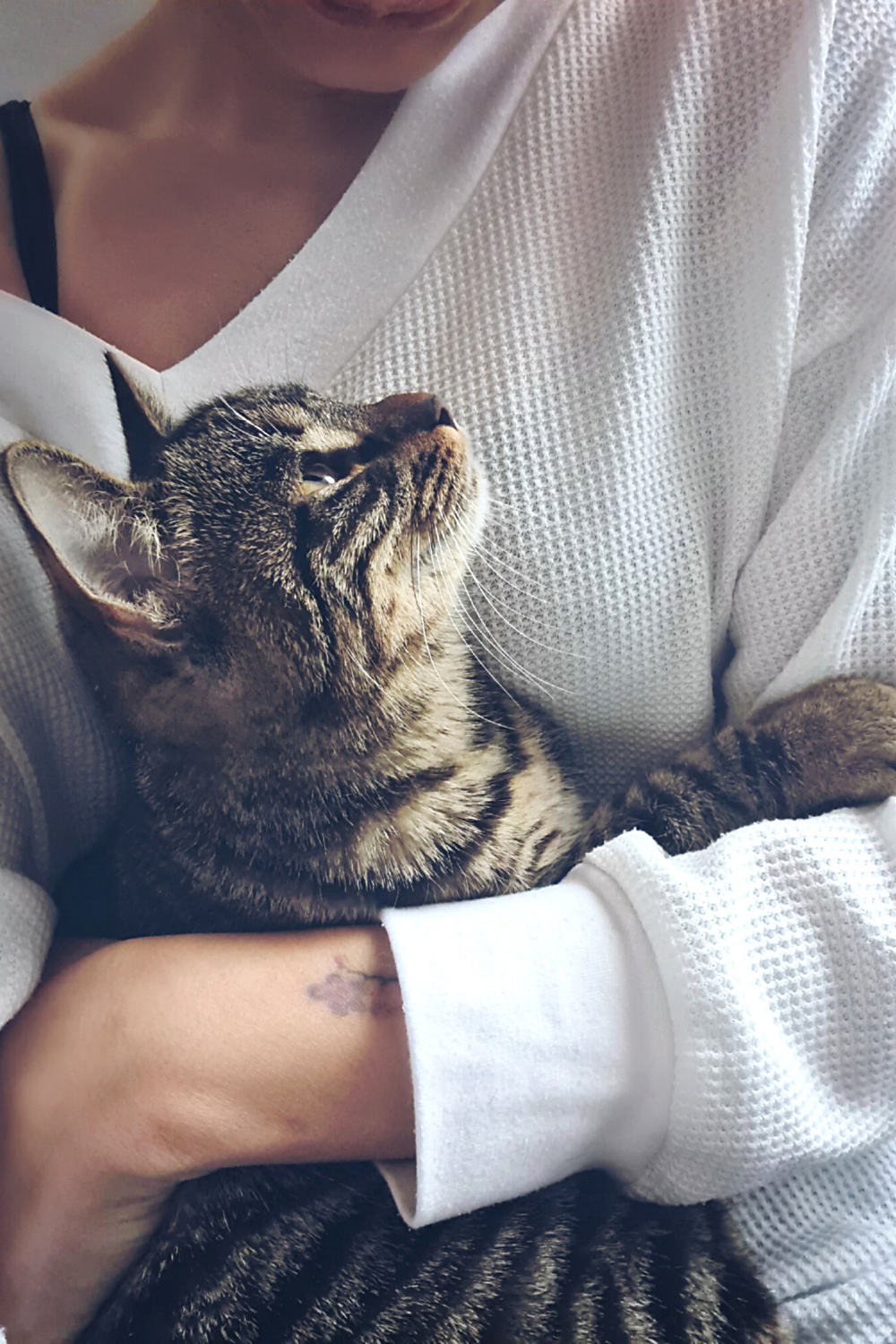
Cats can sense when you’re feeling sad through the tone of your voice, facial expressions, and body language
For instance, if you are angry and raise your voice, your cat can definitely tell that you aren’t in a pleasant mood that day and may avoid you to give you space.
When a difficult situation arises, your cat may pay closer attention to you and gauge your feelings before deciding on an appropriate response.
So, yes. Your cat can indeed tell when you are feeling sad.
The feelings that your cat is sensing will affect their interactions with you that day, as well as their responses to the environment.
Cats are Intuitive and Intelligent Pets
Cats are extremely intelligent and intuitive, even in the wild. They are able to register dangers while asleep and have the ability to make a decision in a split-second.
This enables their survival in the wilderness, but domestication doesn’t completely destroy their natural instincts.
For instance, you may have noticed that when your housecat is allowed outdoors, they’ll still hunt mice and lizards — even though they are provided with food. Although they aren’t hungry, they still have a natural instinct to hunt.
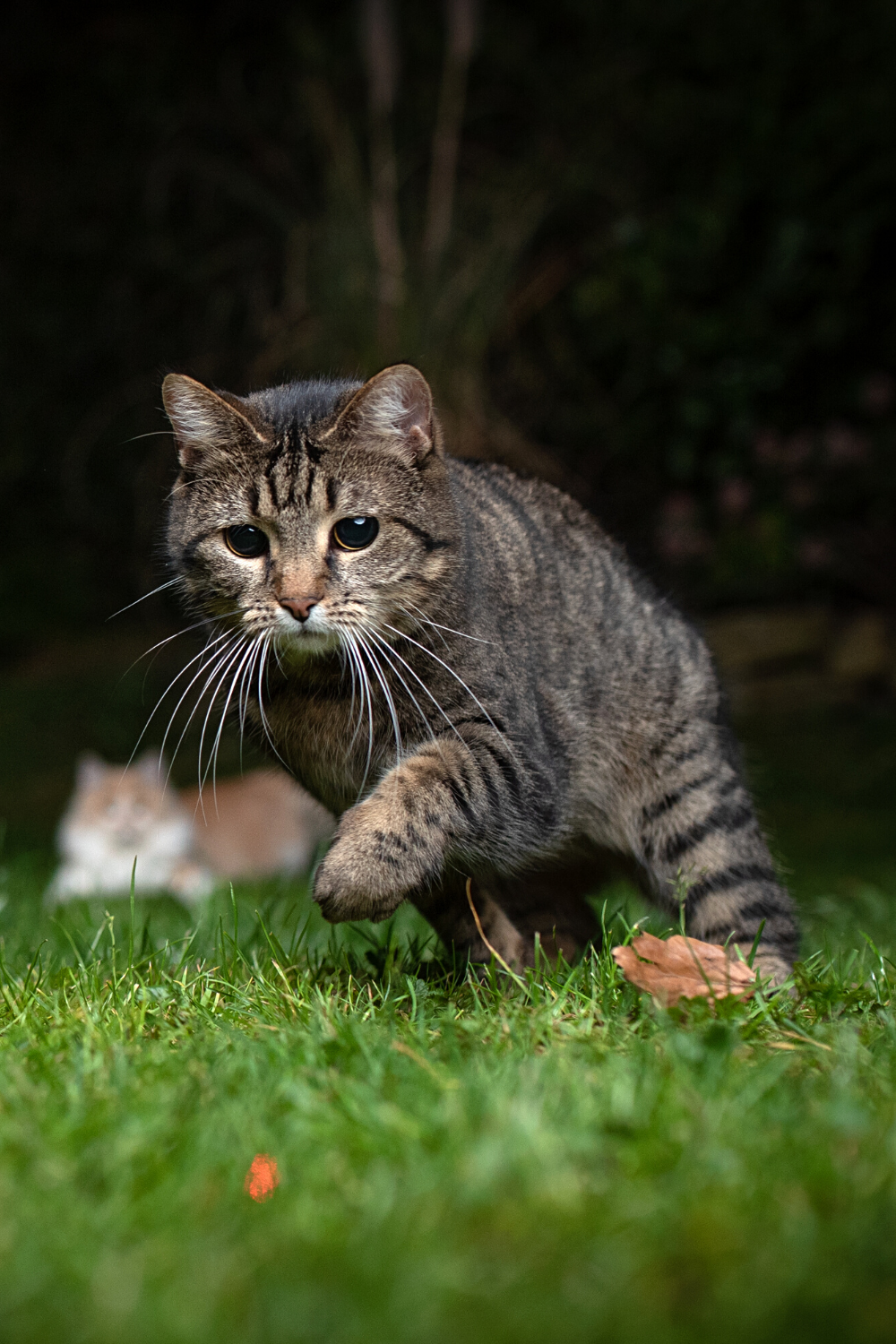
Even if cats are domesticated, they don’t lose their natural instincts, which includes hunting for food
So, it goes without saying that domesticated cats also don’t lose their sense of independence, intuition, or intellectual capacity.
Just as lions will lounge around together and lick one another to express affection and provide comfort, housecats will behave in the same manner towards their owners.
In the wild, cats can sense when a potential threat is present and respond accordingly. Domesticated cats have the same ability, only it extends to picking up on your sense of fear, as well as their own.
Cats May Offer Comfort When You are Sad
Cats may very well curl up on your lap, lick you, or rub against your legs when you’re feeling sad, which provides you with a small sense of comfort in the same way that holding a fluffy teddy bear was comforting in childhood.
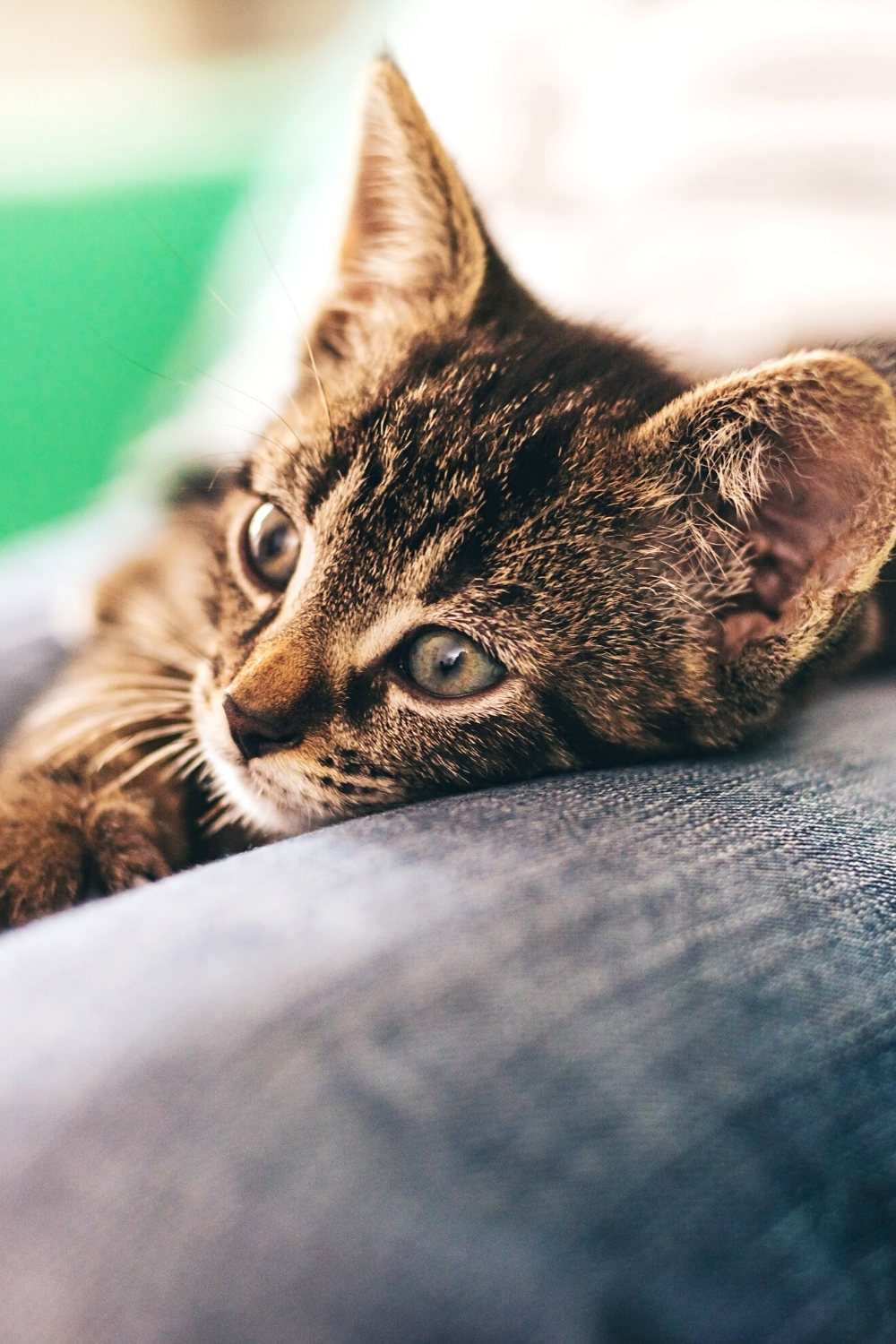
Cats may curl up on your lap when they sense that you are sad
But your cat’s behavior may not be intentional. While cats are intuitive enough to sense your feelings, it’s debatable as to whether they have the capacity to know that you need to be comforted when sad.
However, cats are intelligent enough to associate your emotions with certain behaviors.
For instance, cats will eventually realize that you are more inclined to offer them treats when you are feeling happy.
Many people lounge around when they are feeling sad, which provides your cat with the perfect opportunity to curl up on your lap or next to you in bed, so you can lounge around together.
Most likely, you will scratch and pet your cat while they are laying down with you.
Eventually, your cat may begin to associate curling up with you when you are sad, with an increased chance of being petted and cuddled, so they’ll continue this behavior.
Sure, your cat’s tendency to offer you comfort when you are sad may be tied to their self-centered nature, but it’ll still make you feel better, nevertheless.
Cats Lack the Capacity for Empathy
Although cats can sense your emotions, and their behavior may indeed be impacted by how you are feeling, they aren’t emotionally intelligent enough to mirror your feelings.
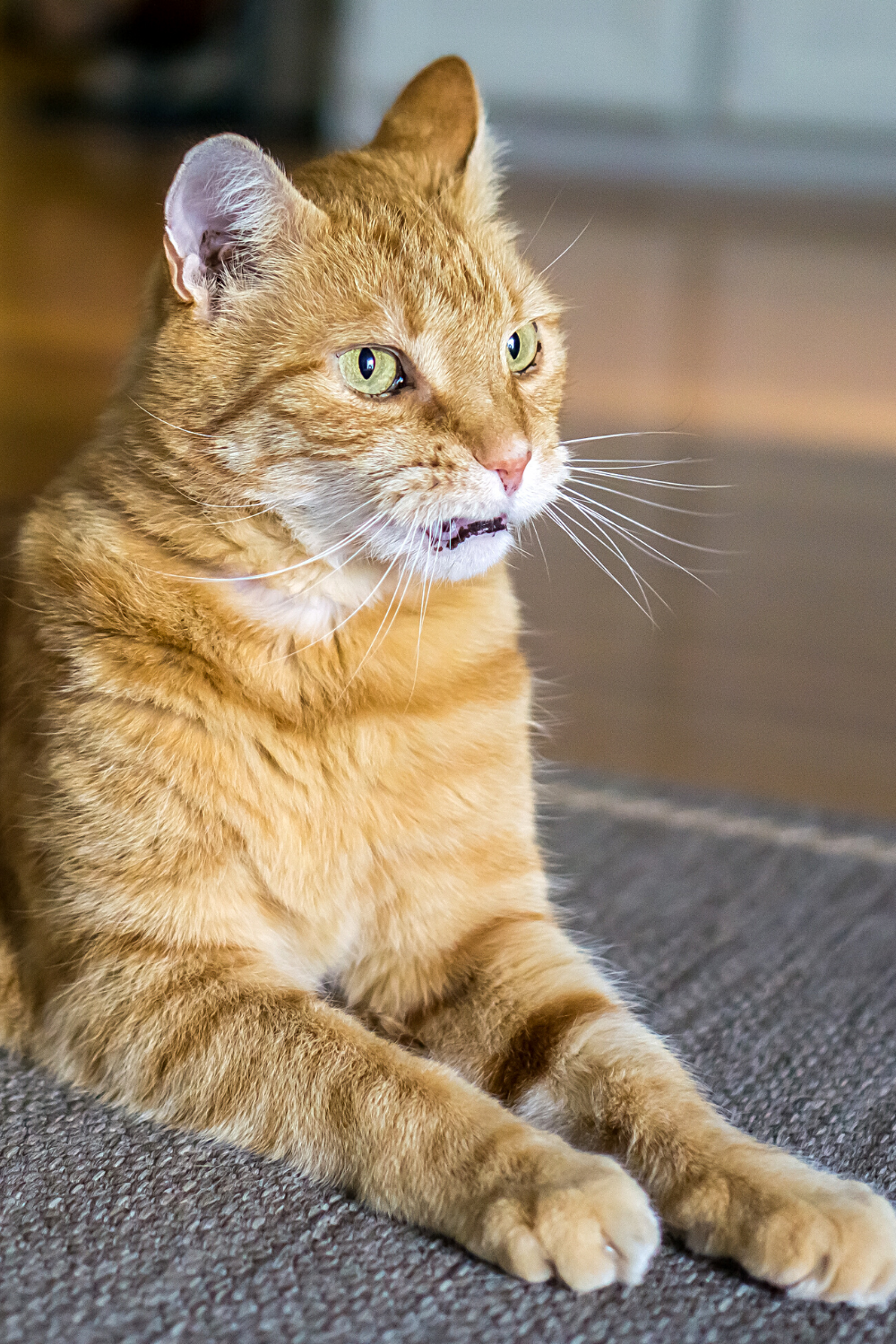
Cats aren’t emotionally intelligent enough to mirror the emotions they’re picking up from their fur parents
If you are feeling sad, and your cat also appears to be exhibiting feelings of sadness, most likely, this is purely coincidental.
While cats are affected by their owners’ emotions, they aren’t capable of the empathy that’s necessary in order for them to feel your pain themselves.
Even if you are feeling afraid and your cat starts acting as though they are on high alert and pounces or takes off running as though they sense danger themselves, it’s not because they are feeling your fear.
They are simply picking up on your emotions and behavioral cues, which subsequently makes them hypervigilant about possible threats.
Frequently Asked Questions about whether Cats Know When You are Sad
How can you tell a cat’s feelings?
You can tell how your cat is feeling through their body language and the sounds that they make, such as purring, hissing, and meowing. Cats may isolate, puff their fur, seek attention, or flatten their ears to communicate their emotions.
What feelings can cats feel?
Cats do have the capacity to feel basic emotions, including fear, sadness, contentment, and anger. Cats express their feelings through their behaviors.
Do felines have feelings for their fur parents?
Although cats rarely express love, they do view their fur parents as more than just food source. You are also a source of security to your cat, and they do appreciate the food, shelter, and comfort that you provide. They may even leave a freshly- caught mouse as a token of appreciation.
Afterword: Do Cats Know When You are Sad?
While your cat may seem to just lounge around your house in the cool air-conditioning waiting for a bowl of food, they do care about you and can tell when you are feeling sad.
Cats indeed have the ability to establish an emotional connection with their owners, but their capacity is limited.
Since cats are naturally independent and do prefer solitude, they may not express affection much, but they do love you in their own way — even if they don’t always seem to show it.

